Buendía
Creating a new tourism paradigm.
SATOCAN, a hotel company, asked us to develop a disruptive concept for a new hotel they were building in Corralejo (Canary Islands). So, we asked ourselves: what could we do to improve the tourism paradigm of a conventional sun-and-beach destination?
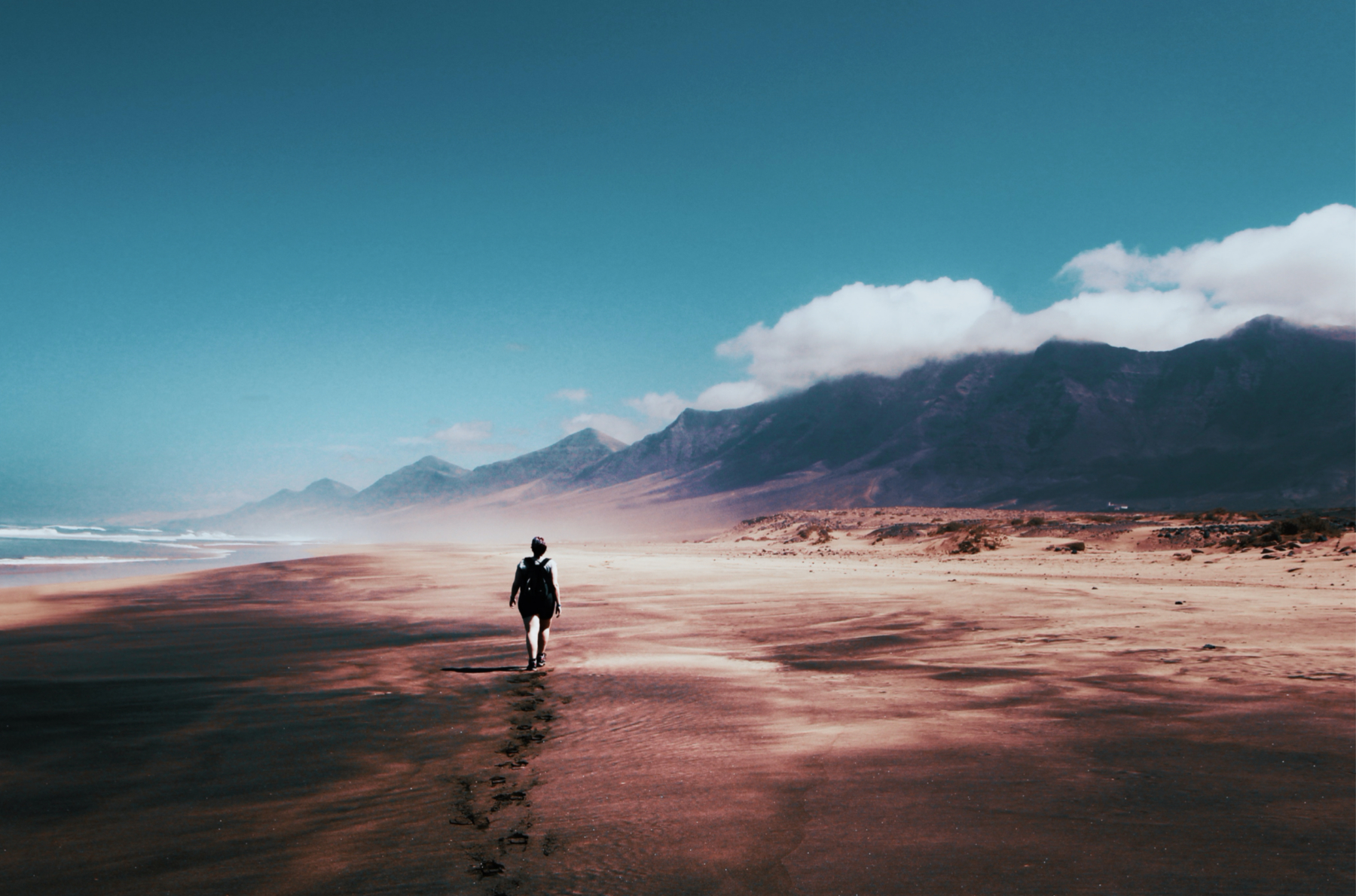
After a lot of research, we realized that the tourism paradigm they had was the opposite of what they needed to be sustainable in the long run. That’s how we came up with the “no-tourism” concept.
We defined an unusual stay with the title of “no-hotel,” which encourages living a local experience for those who were already demanding it. We named these visitors “no-tourists.”
Then, we took that idea into reality through a cozy brand, from its fundamentals (values, attributes, personality, positioning, territory) to its visual identity, tone of voice, and naming: “Buendía,” which means “Nice day” in Spanish.
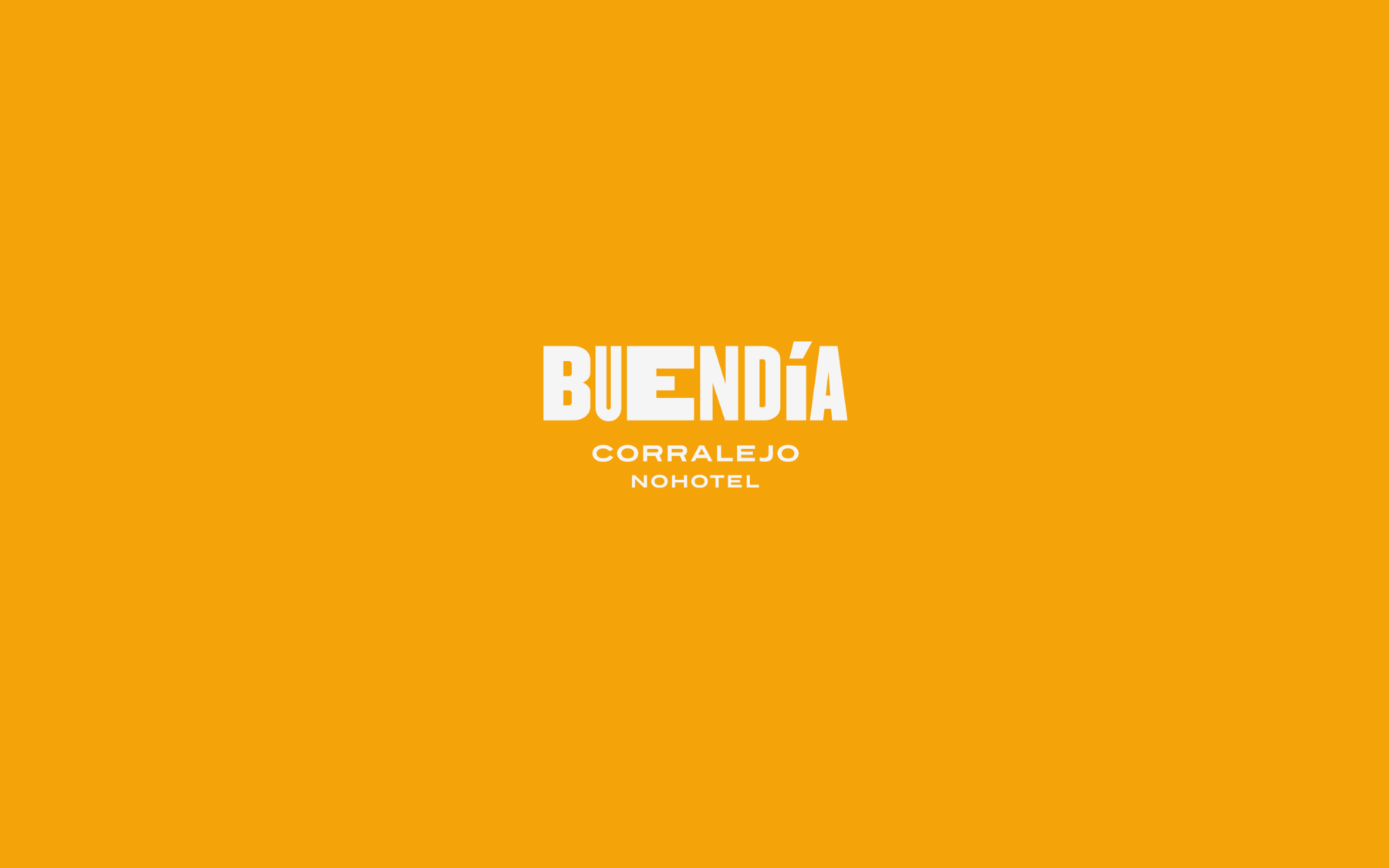
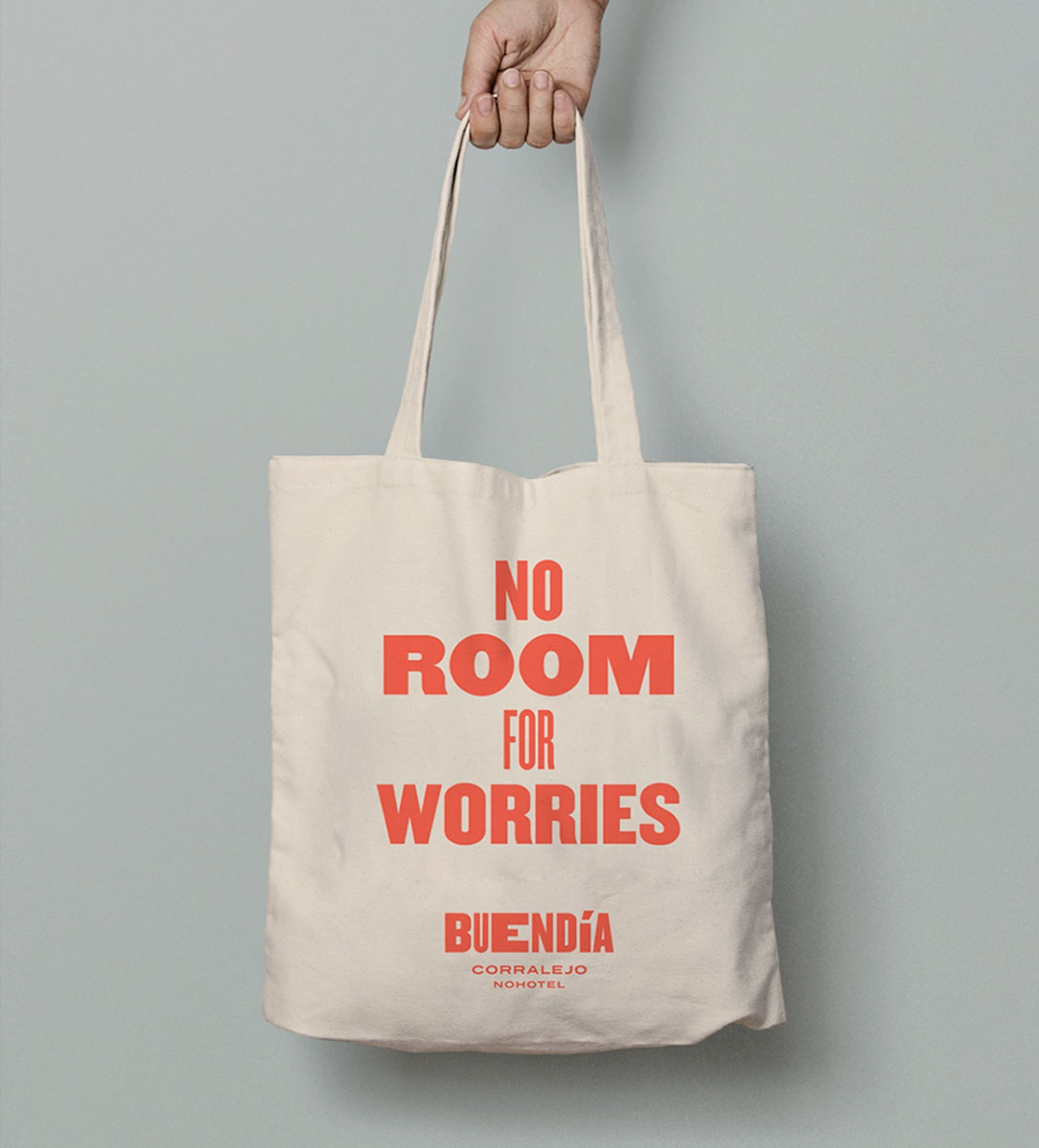
Sustainability is one of the fundamental pillars of the project, being woven into every single decision we made: from the booking process to the activities Buendía offers.

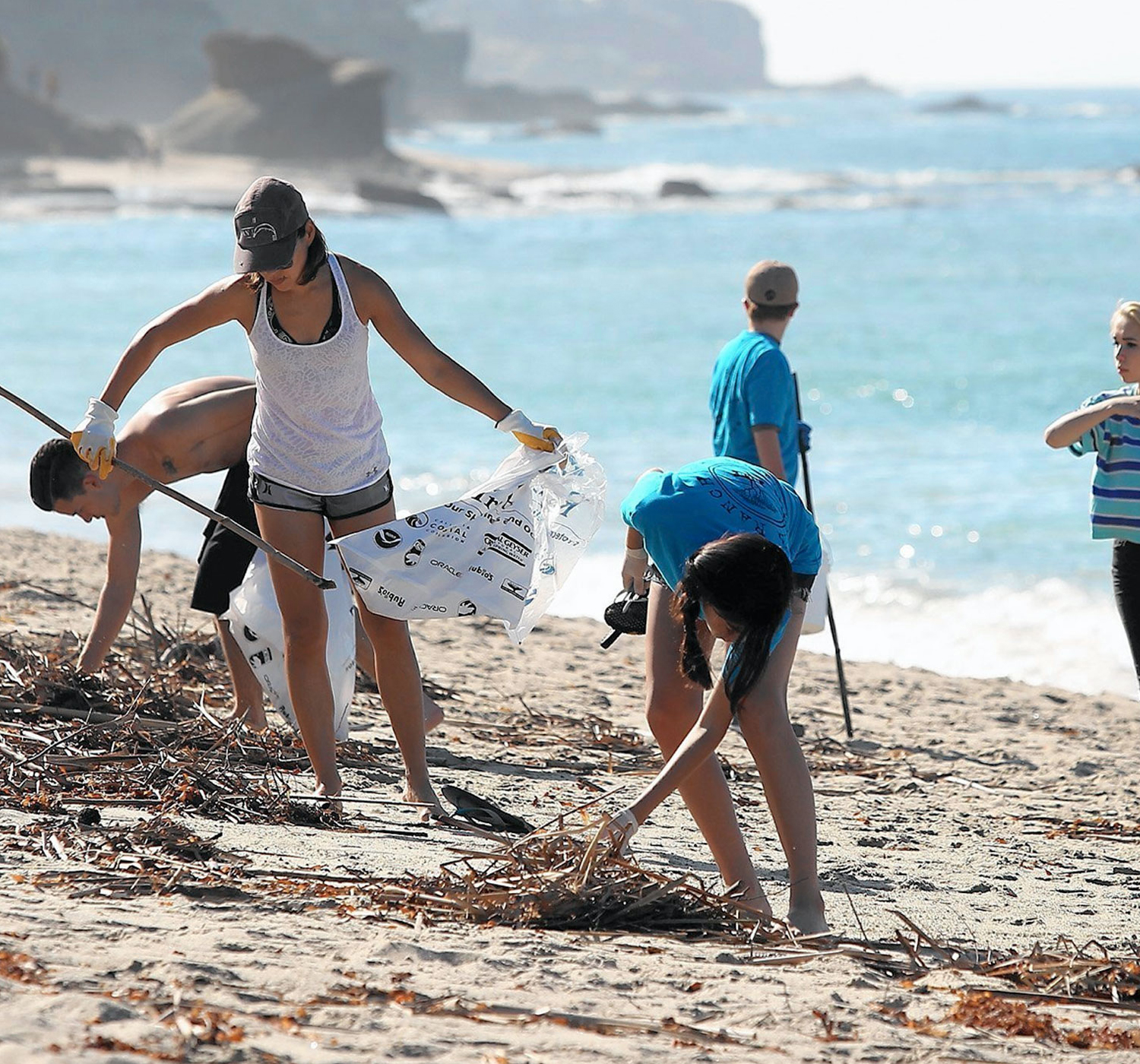
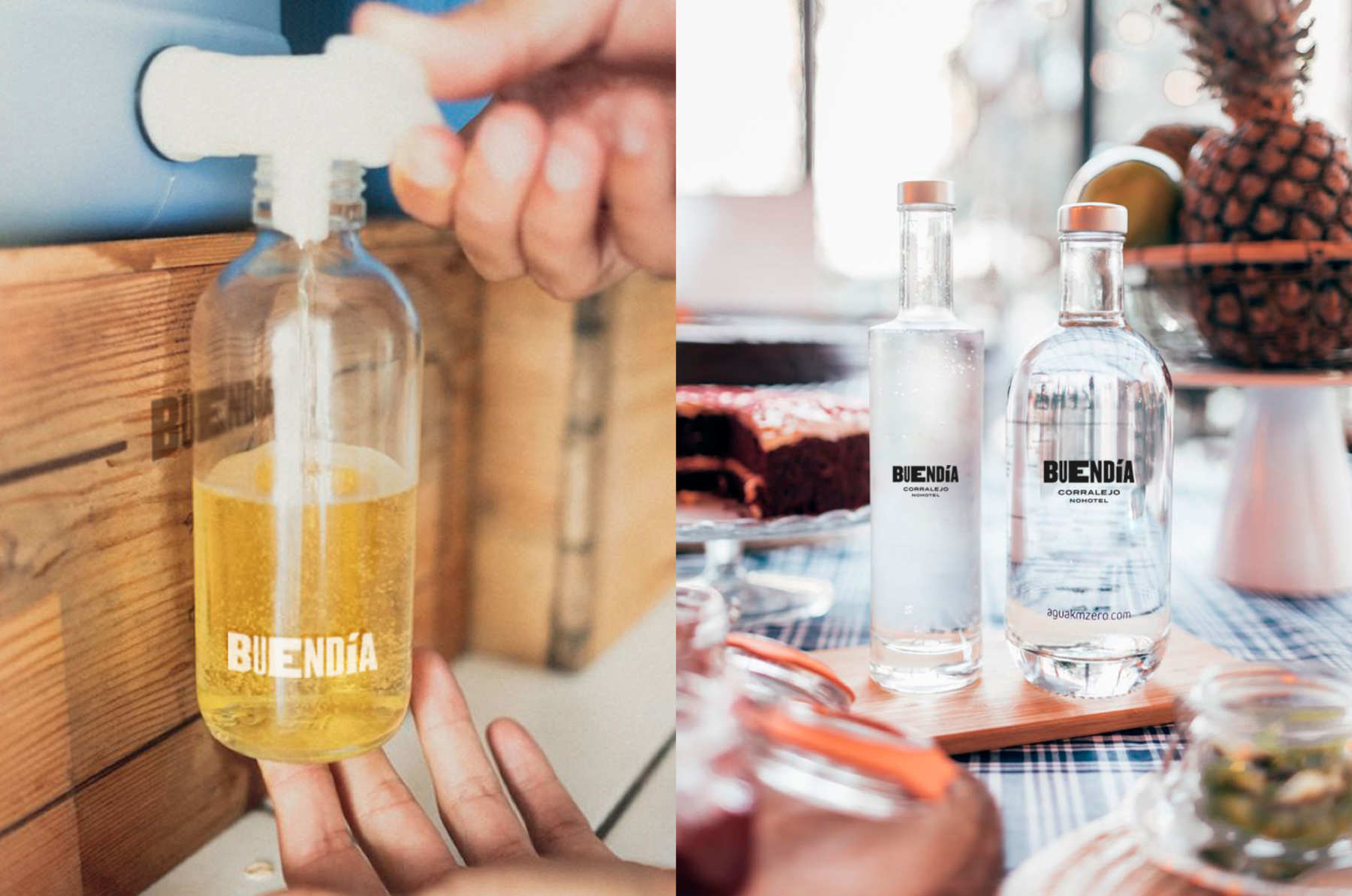
We understood that tourism can’t be profitable without taking care of the environment, because without an enjoyable environment tourism cannot exist.
"We found the perfect partner to reach our goals In People That Care.
From the brief to going live with the the guys were proactive and fast."
Buendía
Creating a new tourism paradigm
Context
This story takes place in Corralejo, an extraordinary fishing village in Fuerteventura, Canary Islands. Well known for its unique landscapes and beaches, Corralejo became a tourist hotspot back in the tourism-explosion decades. In a very short time it rapidly grew to host thousands of surfers and nature lovers from all over the world.
This charming village has always focused on offering a very specific kind of vacation experience, one we all know and even have enjoyed: all-inclusive resorts where you can enjoy a margarita cocktail while sunbathing. Easy to picture, right?
This conventional sun-and-beach destination vacation is all they offered in Corralejo. Then, Buendía arrived.
Challenge
SATOCAN, a hotel company, asked us to develop a concept for a new hotel they were building in Corralejo. Being aware of the challenge of launching a new hotel in a location that was already full of hotels, they asked for "something different", a great starting point. But the challenge was way more complex.
How could we change the rules of a more-than-established market like tourism? What could we do to improve the Corralejo tourism paradigm? What do people really expect from vacations in a place like this nowadays? All right, research time.
Research
The first step we took was question everything. We became tourists in Corralejo for almost a week (a tough assignment), analyzed the market, and defined what our customer would be like. And, after understanding how tourism works there, we came to the conclusion that would lead us to the final concept: we are not going to participate in Corralejo’s tourism. We are going to invent a new one. Better said, a non-one.
That’s it. The tourism that Corralejo needed, the one that would be profitable and sustainable in the long run, was exactly the opposite of what they had at the time. So, straight out of the antipodes, we bring the no-hotel. A holistic concept that offers an alternative way of being on vacation in Corralejo while preserving and respecting the village as it is.
Concept
Our vision: "A no-hotel in Corralejo for people who prefer to live a place rather than just visit it." Along with the client, we conceptualized an unusual stay that enhances the purpose of living a local experience for those who were already demanding it, whom we named no-tourists.
Branding
Then, we took that idea into reality through a cozy brand, from its fundamentals (values, attributes, personality, positioning, territory) to its visual identity, tone of voice, and naming: "Buendía," which means "Good day" in Spanish.
Being a no-hotel—where the location is the main asset—requires being especially careful about the environment. That’s why sustainability was one of the fundamental pillars of the project, being present across every single decision we made: from the booking process to the activities Buendía offers. If there was a chance of reducing the impact on Corralejo, be sure that we were taking it.
Learnings and Conclusions
During this project, the process itself pushed us toward a different way of understanding tourism and its impact on places. We went from an "all-inclusive" to "enjoy what's outdoors" mentality, from "waste" to "respect". We understand that tourism just can’t be profitable without taking care of the environment, because without an enjoyable environment tourism cannot exist. And, keeping that in mind, we ended up designing a better way of living places. A new paradigm in which you don’t leave a mark on the place, but the place leaves a mark on you.